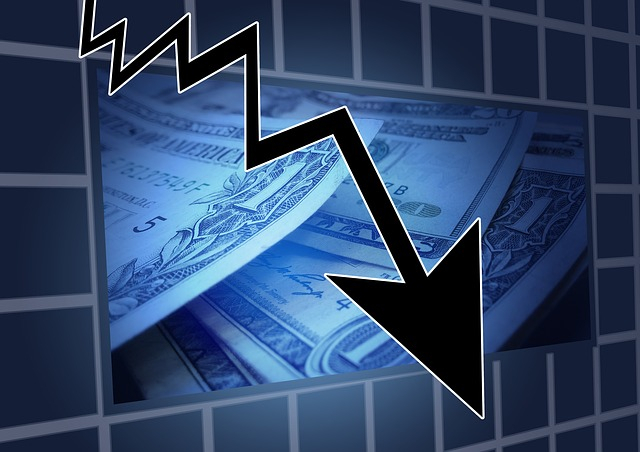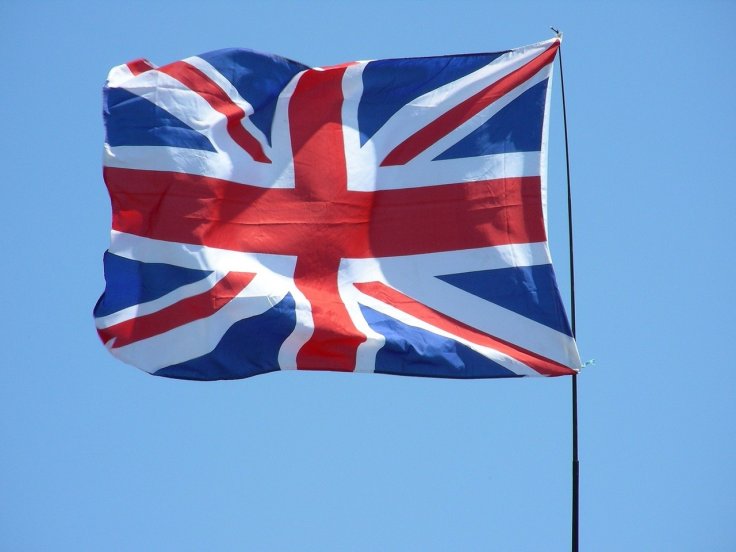Britain is expected to be the only major industrialised country to see its economy shrink this year after the impact of Liz Truss' brief premiership prompted a sharp growth downgrade from the International Monetary Fund.
Adding to growing political pressure on UK Prime Minister Rishi Sunak after the sacking of the Conservative party chair Nadhim Zahawi, the Washington-based IMF warned on Tuesday it expected the UK economy to contract by 0.6 per cent this year - 0.9 percentage points worse than it had pencilled in just three months ago and slower even than sanctions-hit Russia, The Guardian reported.

The IMF said that while the prospects for every other member of the G7 group of leading developed nations had improved or remained unchanged since October, rising interest rates and higher taxes had made the outlook for the UK gloomier.
Pierre-Olivier Gourinchas, the IMF's economic counsellor, said 2023 would be "quite challenging" for the UK as it slipped from top to bottom of the G7 league table. "There is a sharp correction," he added, The Guardian reported.
The UK chancellor, Jeremy Hunt, last week warned a sense of declinism was hampering the UK's economic recovery, and has come under pressure to come up with a credible plan to boost growth. His speech, which focused on "enterprise, education, employment and everywhere", was widely criticised by business leaders as being devoid of policies.
The UK growth downgrade came in the IMF's update to its half-yearly World Economic Outlook (WEO) - a health check on the global economy published in April and October.

The October 2022 WEO was completed before the tax-cutting mini-budget from the then-chancellor, Kwasi Kwarteng, in late September and pencilled in growth of 0.3 per cent for 2023. In its update, the IMF said the UK had performed more strongly in 2022 than anticipated, growing by 4.1 per cent rather than the 3.6 per cent expected three months ago, The Guardian reported.








